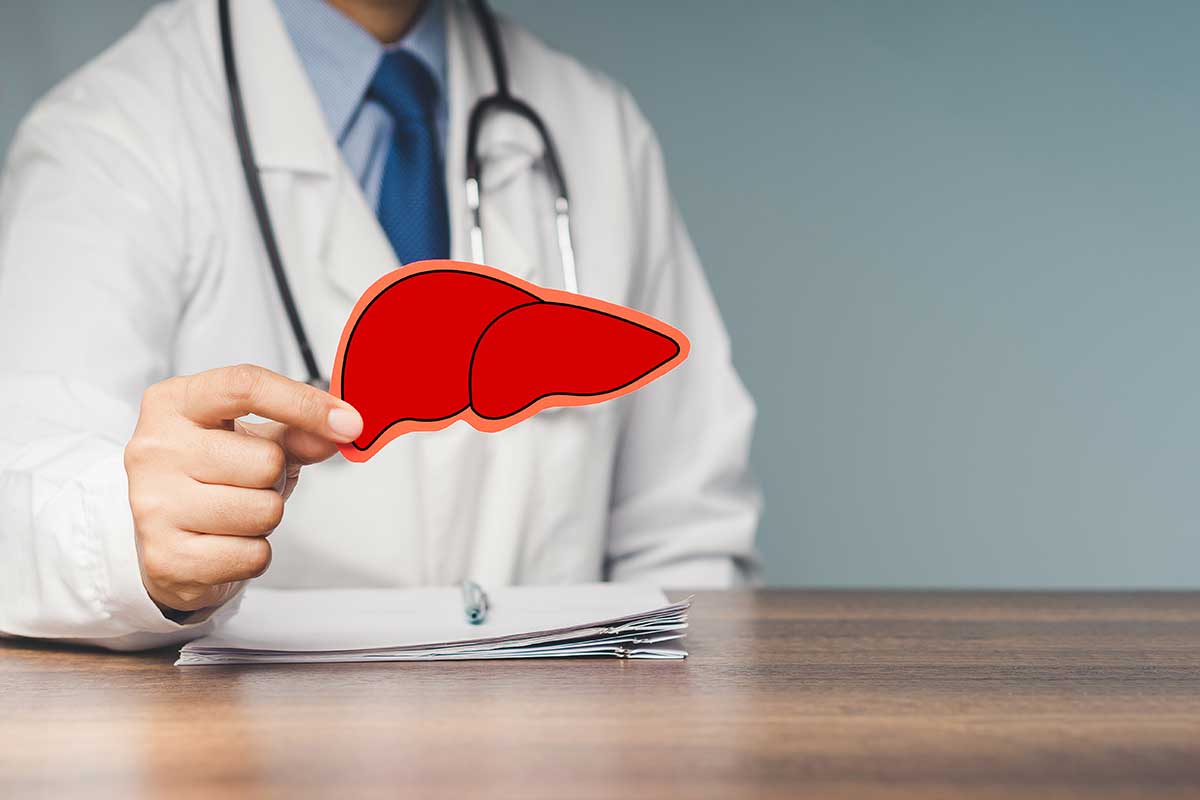Adderall, a prescription medication for ADHD and narcolepsy, is effective under medical supervision but has risks when misused. While it helps improve focus and productivity, long-term or improper use can harm the liver. The liver, responsible for metabolizing drugs and toxins, can be seriously affected by overuse of substances like Adderall. Understanding the risks of Adderall liver damage and overall health is important, especially for those struggling with misuse or addiction. To learn more about Adderall detox, call Tides Edge Detox Center today at 866.723.3127.
The Prevalence of Adderall Misuse
Adderall misuse is a growing concern, especially among adolescents and young adults. According to the National Center for Drug Abuse Statistics, 16.3 million people misuse prescriptions, including Adderall, in any given year. Among college students, the misuse of Adderall is often linked to academic pressures, with many seeing it as a “study drug.” However, recreational use also occurs, with some using it for its stimulating properties to stay awake longer or enhance social interactions.
Chronic misuse not only increases the risk of dependency but also places significant stress on the body’s organs. Because the liver is responsible for processing the chemicals in Adderall, it often sustains the most damage when the drug is used at higher-than-prescribed doses or over extended periods. Sadly, many who misuse Adderall underestimate how much they are jeopardizing their health, particularly the health of their liver.
Impacts of Adderall Liver Damage
Your liver acts as a filtration system, breaking down substances and removing toxins from your body. When you take Adderall, your liver metabolizes the drug’s components. While occasional or prescribed use may have minimal impact on a healthy liver, misuse or prolonged exposure can lead to liver strain and serious complications.
One primary concern with Adderall misuse is hepatotoxicity, or toxic damage to the liver. This condition occurs when the liver becomes overwhelmed trying to process high doses of the drug, leading to cellular damage. Stimulants like Adderall can induce acute liver injury in people who either misuse the drug or who have an underlying risk factor, such as pre-existing liver conditions.
Additionally, Adderall increases the body’s production of certain enzymes, notably alanine transaminase (ALT) and aspartate transaminase (AST). Elevated levels of these enzymes often signal liver distress or inflammation. Chronic misuse of Adderall, especially in combination with alcohol or other substances, intensifies the risk for long-term liver damage. Over time, this damage can result in non-alcoholic steatohepatitis (NASH) or even cirrhosis, conditions where healthy liver cells are replaced with scar tissue, impairing the liver’s function.
Another key risk is the build-up of toxins in the bloodstream. Adderall misuse can impair the liver’s ability to remove harmful byproducts effectively. This toxic overload can affect multiple systems in the body, leading to fatigue, confusion, or even life-threatening complications such as liver failure.
Recognizing the Signs of Liver Damage and Substance Misuse
Knowing the signs of liver damage is essential, especially for those using Adderall regularly or in higher-than-recommended doses. Some early symptoms to look for include:
- Fatigue – A common symptom of liver dysfunction, often linked to the body struggling to process toxins effectively.
- Abdominal pain – Specific discomfort in the upper right side of the abdomen, where the liver is located, may indicate liver inflammation or swelling.
- Jaundice – A yellowing of the skin or eyes often signals advanced liver distress.
- Dark urine or pale stools – Changes in waste color can suggest an imbalance in bile, which is processed by the liver.
- Nausea or loss of appetite – Compromised liver function can reduce your body’s ability to digest food.
Equally important is recognizing the behavioral and physical signs of Adderall misuse, such as drastic weight loss, insomnia, mood swings, or an obsession with obtaining the medication. Combining these signs with symptoms of liver distress should be a red flag prompting immediate medical attention.
Take the First Step Toward Recovery with Tides Edge Detox
Adderall liver damage is serious, but it’s never too late to make a recovery. Tides Edge Detox in Florida provides compassionate, medically supervised detox programs to help you break free from substance dependency. Our team will work with you to develop an individualized treatment plan that prioritizes your comfort and safety while addressing your unique needs. With therapies like cognitive-behavioral therapy and holistic wellness initiatives, you’ll receive the support and tools necessary for long-term recovery.
Don’t wait until the damage becomes irreversible. Call us today at 866.723.3127 or use our online contact form. Together, we can help you take the critical first step toward healing and a brighter, substance-free future.









